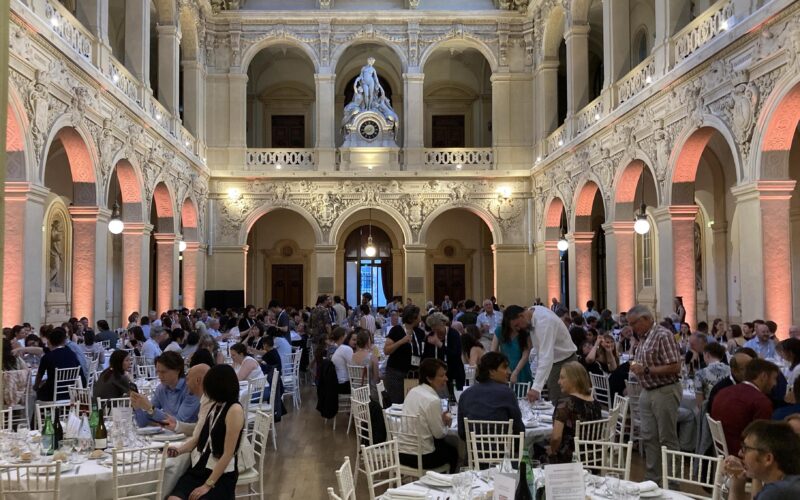2023年7月9~14日にかけてフランス・リヨンで行われた国際会議Goldschmidt Conference 2023において、理論班のメンバーらがセッションを主催しました。
セッション:1f – Exoplanet atmospheric characterization, interior-surface-atmosphere interactions, and planetary habitability
After the detection of more than 5000 exoplanets during the past three decades, new and upcoming advanced telescopes aim to unveil the chemistry of the atmospheres of terrestrial-type exoplanets, potentially including a handful of habitable zone planets. Molecules made of C, H, N, O, and S elements are expected to be the first ones to be detected from the atmosphere of Earth-sized exoplanets. One of the main objectives of this theme is “planetary habitability, which defines the physicochemical conditions at the surface of a planet required for life to develop”. Since first suggested, numerous reports about probiotic synthesis under CO atmospheres and its implications for the origins of life have been reported. Additionally, atmospheres with a variety of carbon redox state (CO2/CO/CH4) have been suggested as an intermediary step in the evolution of rocky planets. Some key questions are: How do the surface and interior of a planet affect the atmosphere chemistry? What are the implications on the origin of life as we know it?
This session brings together planetary and exoplanet scientists specializing in various domains including interior-atmosphere coupling, planetary redox states, ocean-atmosphere interactions, ocean chemistry, atmosphere radiative transfer, thermochemical equilibrium and kinetics, photochemistry, experimental petrology, isotope and chamber studies, volatile cycling, geochemical cycling, habitable zone climates, geodynamics and thermal evolution, to address exoplanet atmospheric characterization, interior-surface-atmosphere interactions, and planetary habitability
This session will provide a fertile ground for scientists from multiple disciplines where ideas and findings from one field can inform, influence, and promote other fields.
